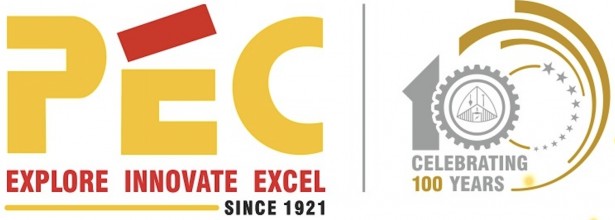(A) PROGRAM OUTCOMES
Engineering Graduates will be able to:
- Engineering knowledge: Apply the knowledge of mathematics, science, engineering fundamentals, to the solution of Electronics & Communication engineering problems.
- Problem analysis: Identify, formulate, review, and analyze complex engineering problems reaching substantiated conclusions using first principles of mathematics and engineering sciences.
- Design/development of solutions: Design solutions for engineering problems and design of system components or processes that meet the desired specifications.
- Conduct investigations of complex problems: Analysis and interpretation of data, and synthesis of the information to provide valid conclusions.
- Modern tool usage: Apply appropriate techniques, resources, and modern engineering and IT tools to various engineering activities with an understanding of the limitations.
- The engineer and society: Apply reasoning informed by the background knowledge to assess societal issues and the resulting responsibilities to the professional Electronics engineering practice.
- Environment and sustainability: Understand the impact of the professional engineering solutions in environmental contexts, and demonstrate the knowledge of, and need for sustainable development.
- Ethics: Apply ethical principles and commit to professional ethics and responsibilities and norms of the engineering practice.
- Individual and team work: Function effectively as an individual, and as a member or leader in diverse teams, and in multidisciplinary settings.
- Communication: Communicate effectively on complex engineering activities with the engineering community and with society at large, such as, being able to comprehend and write effective reports and design documentation, make effective presentations, and give and receive clear instructions.
- Project management and finance: Demonstrate knowledge and understanding of the engineering and management principles and apply these to one’s own work, as a member and leader in a team, to manage projects and in multidisciplinary environments.
- Life-long learning: Recognize the need for, and have the preparation and ability to engage in independent and life-long learning in the broadest context of technological change.
(B) PROGRAM SPECIFIC OUTCOMES (PSOs)
Students should be able to
-
Design an electronic system, component, or process to meet desired needs within realistic constraints.
- Use the techniques, skills, and modern engineering tools necessary for engineering practice in inter disciplinary area.






